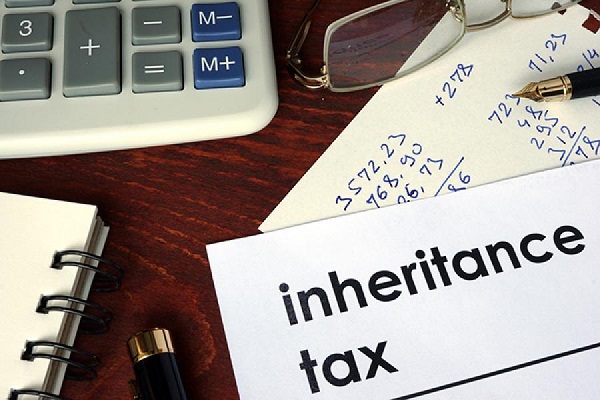Record number of estates paying inheritance tax
IHT threshold has not increased in over a decade, and a number of estates are getting caught in the net.
25th September 2019 12:25
by Tom Bailey from interactive investor
With the IHT threshold not increasing in over a decade, a growing number of estates are getting caught in the net.

A record number of estates are paying inheritance tax (IHT), according to statistics from the HM Revenue & Customs (HMRC).
In total, 28,100 estates paid IHT in the 2016-17 tax year (the most recent data to be released), which represents an increase of 15% from the year before, when 24,500 estates paid the tax. In total, £5.38 billion was collected by HMRC, a new record.
There are a couple of key drivers. First, the continued growth of house prices, particularly in London and the South East of England has seen more estates become liable for 'death duties'. The impact can be seen in the new figures showing that London and the South East pay 45% of inheritance tax in the UK.
At the same time, the IHT threshold has not been in increased in over a decade, with the current £325,000 threshold being in place since 2009. As Rupert Wilkinson, a partner at Wilsons, a law firm, notes:
"The last time the IHT threshold was increased, Gordon Brown was prime minister."
As a result, IHT has seen a growing number of estates falling under its net – particularly those who have benefited from the past decade of strong house price growth. According to the law firms Wilsons, had the threshold been increased in line with inflation, it would now stand at £432,000.
To address the issue, the government introduced the so-called residence nil rate band (RNRB), which started being phased in from April 2017. Under the RNRB, married couples or those in civil partnerships will eventually have an extra £350,000 worth of IHT-free allowance per couple. However, it will not be fully phased in until the 2020/21 tax year.
Thereafter, though, IHT receipts should fall. The new allowance started at £100,000 per person in the tax year 2017/18 and will rise to £125,000 in 2018/19. It will then increase to £150,000 in 2019/20 and £175,000 in 2020/21.
Wilkinson says:
"IHT was intended to be a tax on only the very wealthiest estates, but if it continues on the same course it risks becoming a general tax on Middle England."
"The IHT threshold needs to rise if the tax is to remain limited to the very wealthiest estates as originally intended."
This article was originally published in our sister magazine Money Observer, which ceased publication in August 2020.
These articles are provided for information purposes only. Occasionally, an opinion about whether to buy or sell a specific investment may be provided by third parties. The content is not intended to be a personal recommendation to buy or sell any financial instrument or product, or to adopt any investment strategy as it is not provided based on an assessment of your investing knowledge and experience, your financial situation or your investment objectives. The value of your investments, and the income derived from them, may go down as well as up. You may not get back all the money that you invest. The investments referred to in this article may not be suitable for all investors, and if in doubt, an investor should seek advice from a qualified investment adviser.
Full performance can be found on the company or index summary page on the interactive investor website. Simply click on the company's or index name highlighted in the article.
These articles are provided for information purposes only. Occasionally, an opinion about whether to buy or sell a specific investment may be provided by third parties. The content is not intended to be a personal recommendation to buy or sell any financial instrument or product, or to adopt any investment strategy as it is not provided based on an assessment of your investing knowledge and experience, your financial situation or your investment objectives. The value of your investments, and the income derived from them, may go down as well as up. You may not get back all the money that you invest. The investments referred to in this article may not be suitable for all investors, and if in doubt, an investor should seek advice from a qualified investment adviser.
Full performance can be found on the company or index summary page on the interactive investor website. Simply click on the company's or index name highlighted in the article.